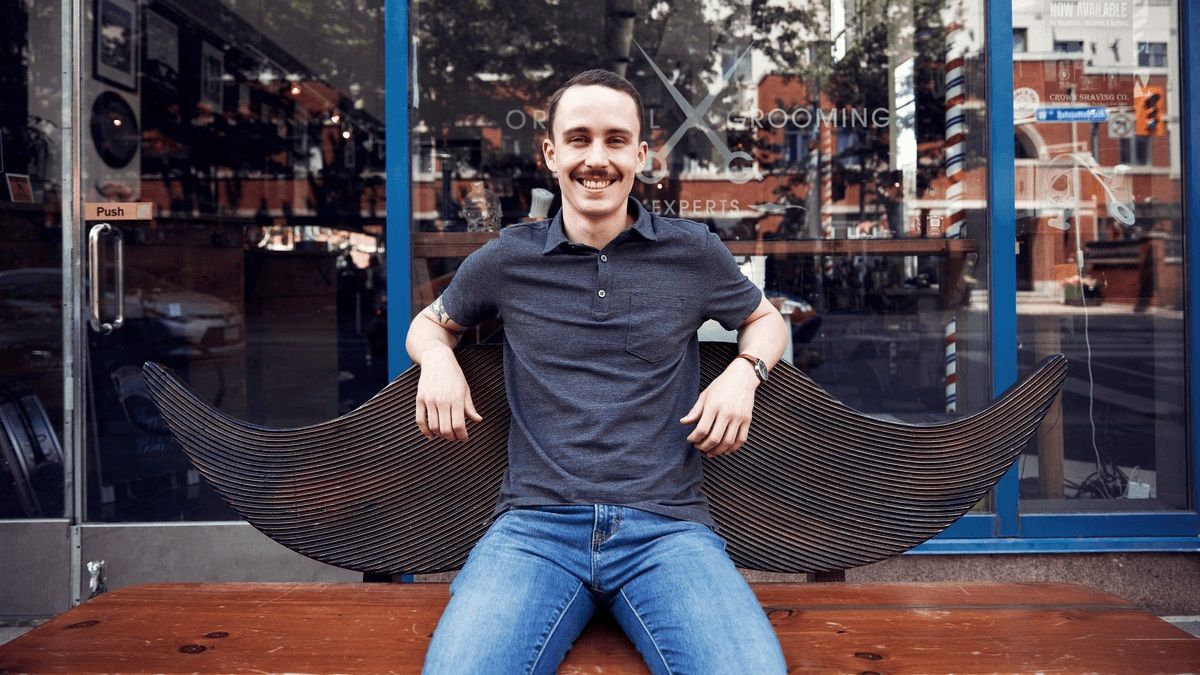

Fraser's Story: Trust Your Gut
A month before my 25th birthday I was diagnosed with testicular cancer.
I was just a few years out of university, and cancer was the last thing I thought I would have to deal with in my mid twenties. In the two years before my diagnosis I had developed a dull pain in one testicle that would come and go for no apparent reason. I read and researched, convincing myself that this was all due to some benign cause, and that there was no need for me to talk to anyone or see my doctor.
What the avoidance really boiled down to was embarrassment. This was something that I felt embarrassed and ashamed to talk about, and it took two years before I finally worked up the courage to see my doctor. An exam by my doctor didn’t turn up anything obvious, so I was sent for an ultrasound. This was also something that caused me a good deal of anxiety, so I put it off for nearly three months.
After finally working up the courage to get the ultrasound done, it took only a day before my doctor called to let me know that the test had found a “mass”. Being in the medical field myself, I knew what this likely meant. A week later I was meeting with my surgeon and urologist who still follows me today. Even though I knew it was like coming, the world felt like it stopped the first time I was told that I had “cancer”; I felt physically sick. In the weeks following, time felt like it was moving in slow motion. Sleeping became difficult, and doing even simple things like eating meals and cleaning the apartment felt like monumental tasks.
After a month of waiting, I underwent a very successful surgery that removed my right testicle and the tumor it contained. It turned out I had an early stage Leydig Cell Tumor (a rare type of tumor that makes up 1-3% of testicular cancers). They are usually slow growing, however in cases where they have spread there is generally little response to either chemotherapy or radiation. I got extremely lucky. Two years is more than enough time for most cancers (if left unchecked) to progress to an advanced or terminal stage. Coming to grips with the fact that my embarrassment and hesitation to see my doctor could potentially cost me my life was crushing, and is still something that I struggle to accept.
Don’t let luck decide what your outcome is. Listen to your body and trust your gut. Even if you’re not sure something is wrong, make that appointment and play it safe. That first check up or test can be uncomfortable, but early detection in testicular (and other) cancers can make a life or death difference to your prognosis.
There’s still a lot of stigma surrounding men’s health, but it’s stigma that we can break down. By starting conversations and taking ownership of your health, you’re setting a powerful example for other men out there who may be going through struggles of their own. Take care of yourself, get help when you need it, and be there for the guys in your life when they need you.